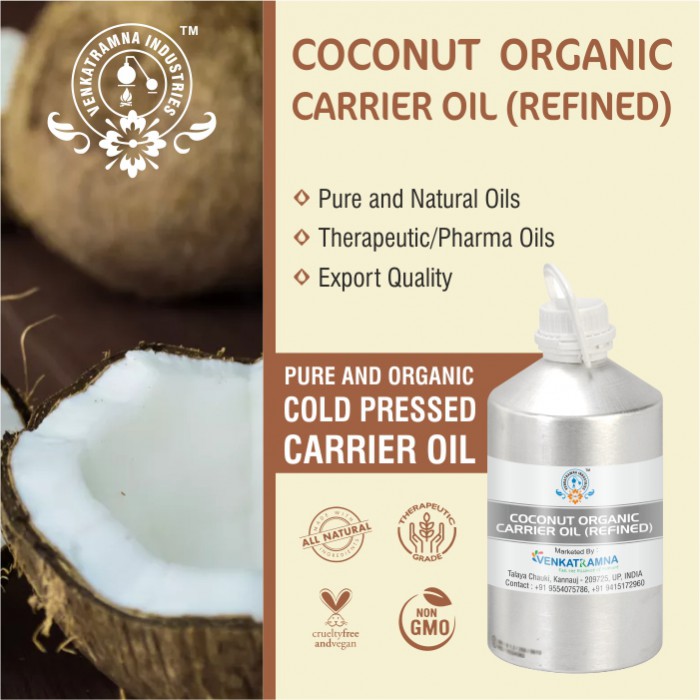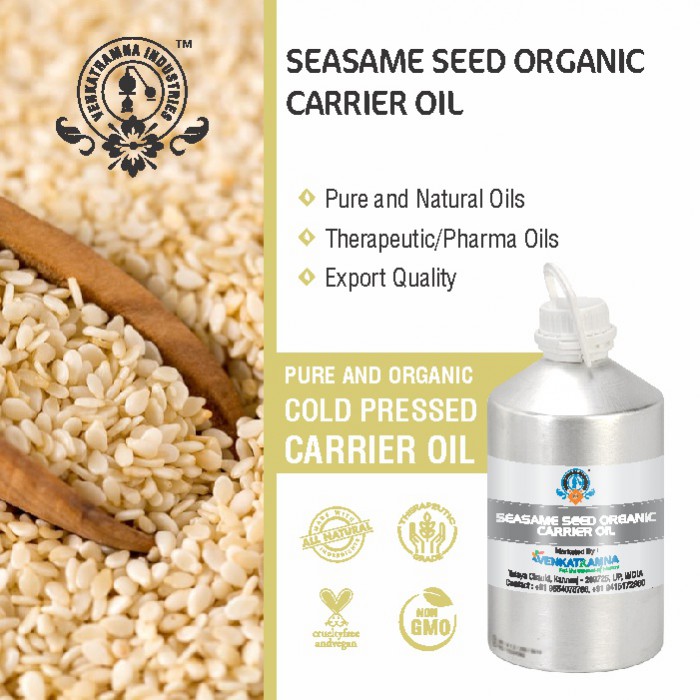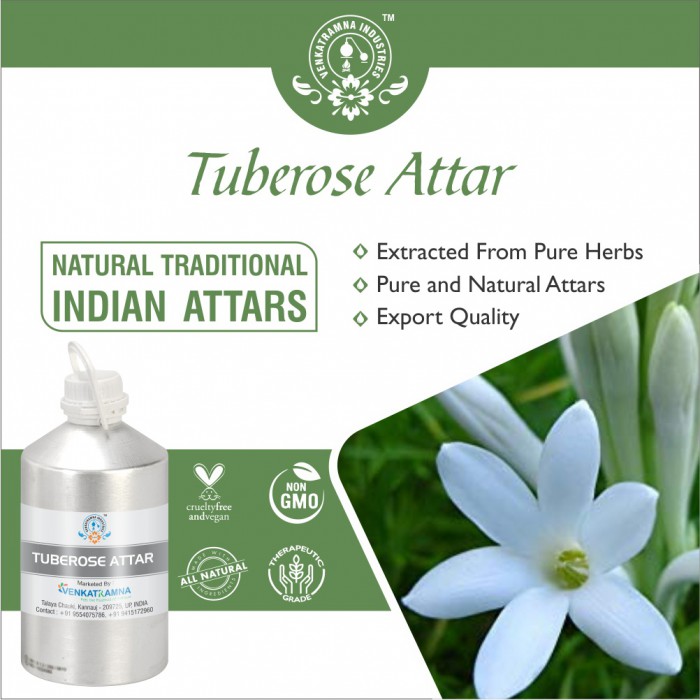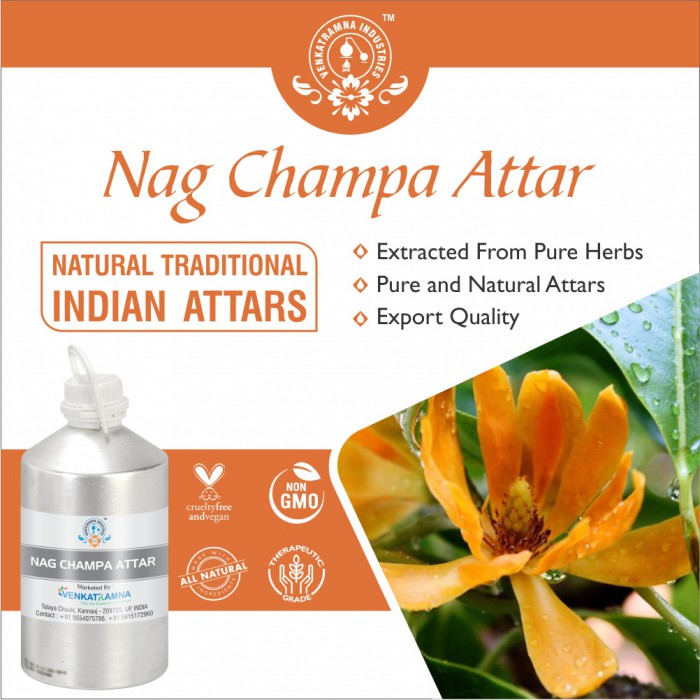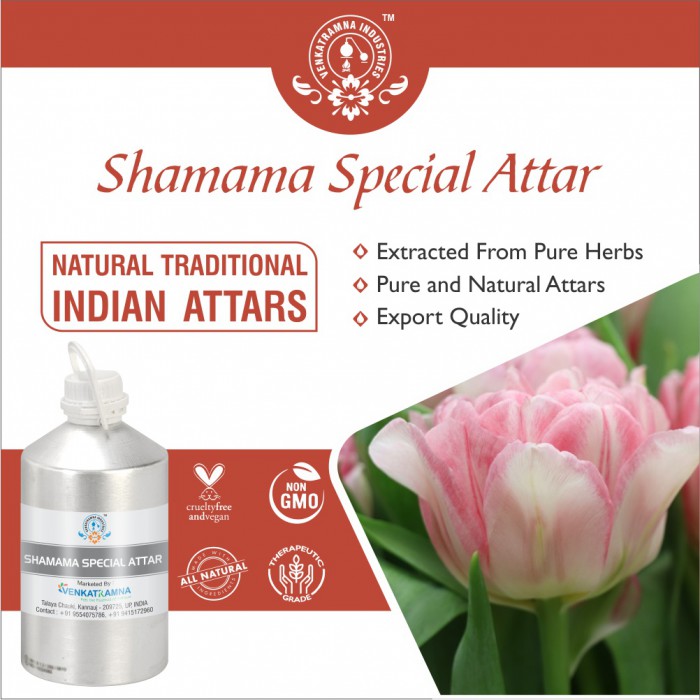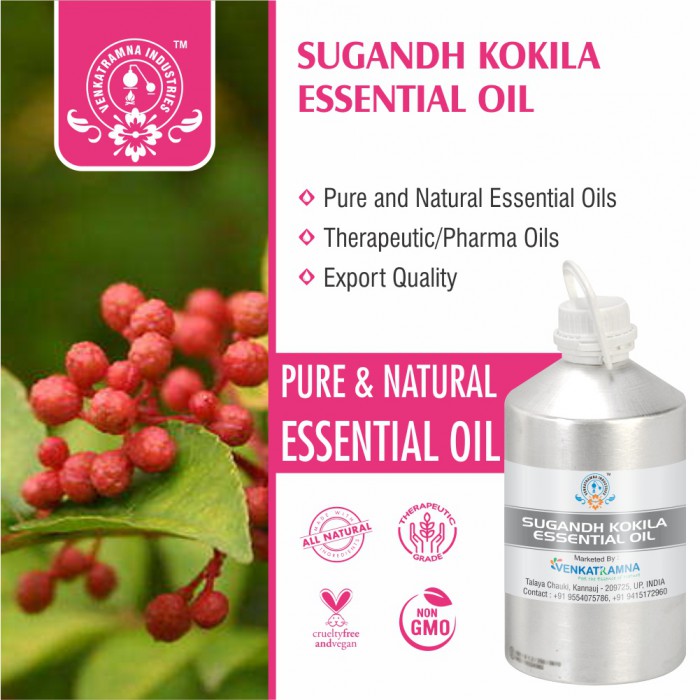Botanical Name: Juniperus communis Common name: Common juniper Plant Read More
|
Botanical Name: |
Juniperus communis |
|
Common name: |
Common juniper |
|
Plant family: |
Cupressaceae |
|
Genus: |
Juniperus |
|
Appearance/Color: |
Colorless to
pale yellow liquid with thin consistency |
|
Odor: |
Medium fresh rich
balsamic scent similar to pine needles |
|
Blends With: |
Chamomile,
Eucalyptus, Marjoram, Rosemary, Bergamot, Geranium, Clary and Sandalwood |
|
Origin: |
Slovenia |
|
Source: |
Berries |
|
Method of
Extraction: |
Steam Distillation |
Juniper
berries are a spice used in a wide variety of culinary dishes and best known
for the primary flavor. Juniper is a coniferous evergreen shrub that belongs to
the pine family and is commonly found on mountains in Europe, North America,
and Southwest Asia.
Juniper berries, including Juniperus
phoenicea and Juniperus oxycedrus have been found in
ancient Egyptian tombs at multiple sites. J. oxycedrus is not known to
grow in Egypt, and neither is Juniperus excelsa, which was found
along with J. oxycedrus in the tomb of Tutankhamun. The berries imported
into Egypt may have come from Greece; the Greeks record using juniper berries
as a medicine long before mentioning their use in food.
The berries are green when young,
and mature to a purple-black color over about 18 months. The berries are
plucked from the branches of the plant once a year, and dried and ground before
distillation. They have traditionally been used as an aromatic aid to meditation
and had remedial applications.
We produce pure and fine quality Juniper berry essential oil Slovenia by the process of steam distillation of high-quality Juniper berries.
DISCLAIMER
The complete range of conditions
or methods of use are beyond our control therefore we do not assume any
responsibility and expressly disclaim any liability for any use of this
product. Information contained herein is believed to be true and accurate however,
all statements or suggestions are made without warranty, expressed or implied,
regarding accuracy of the information, the hazards connected with the use of
the material or the results to be obtained from the use thereof. Compliance
with all applicable federal, state, and local laws and local regulations
remains the responsibility of the user.
The FDA has not evaluated the
statements on this website. No claims are made by Venkatramna Industries as to
the medicinal value of any products from vriaroma.com or by us. The information
presented here is for educating our customers about the traditional uses of
essential oils and is not intended to diagnose, treat, cure, or prevent any
disease. You are responsible for understanding the safe application of these products.
If you have any questions, please call or email us for further information.
As per NAHA guidelines, New Directions Aromatics
(NDA) does not recommend the ingestion of essential oils. It is imperative to
consult a medical practitioner before using Essential Oils for therapeutic
purposes. Pregnant and nursing women and those taking prescription drugs are
especially advised not to use this product without the medical advice of a
physician. The oil should always be stored in an area that is inaccessible to
children, especially those under the age of 7.
Juniper berry is a powerful source of
medicinal benefits itself. This makes the juniper essential oil most used in
curing respiratory disorders and for sore throat also. Juniper
is used for digestion problems including upset stomach, intestinal
gas (flatulence), heartburn, bloating, and loss of appetite, as well
as gastrointestinal (GI) infections and intestinal worms. It is also
used for urinary tract infections (UTIs)
and kidney and bladder stones. Other uses include treating
snakebite, diabetes, and cancer.
Juniper
Berry essential oil Slovenia in Pharma
Juniper berries are traditionally
used as a powerful detoxifier and immune system booster. Juniper berries
themselves are high in flavonoid and polyphenol antioxidants that have strong
free radical scavenging abilities. It is high in flavonoids and antioxidants so
it fights against free radical damage.
Essence
of Juniper Berry essential oil Slovenia
It
has a best aroma and medicinal properties that can heal pains in muscles and
arthritis. Juniper extract and juniper oil are used
in cosmetics including lipstick, foundation, hair conditioners, bath oils,
bubble bath, eye shadow, and many other products.
COMMON USAGE
·
Treats Arthritis
·
Prevents sepsis
·
astringent
·
Reduces cramps
·
Stimulates urination
·
Disinfects blood
·
Carminative agent
·
Rubefacient
·
Open pores and promotes sweating
·
Helps in treating stomach ailments
·
Works as a tonic
·
stimulant
·
Heals wounds by Fastening healing process
Ingredients:
|
S.No |
Key Constituents |
Strength (%) |
|
1 |
a-Pinene |
45.8–49.5 |
|
2 |
Manoyl oxide tr |
15.8 |
|
3 |
b-Phellandrene |
03.8–4.9 |
|
4 |
(þ)-Limonene tr |
3.7 |
|
5 |
a-Terpinyl acetate |
0–5.4 |
|
6 |
b-Myrcene |
5.0–1.4 |
|
7 |
Isopulegyl acetate |
0–2.9 |
|
8 |
b-Pinene |
01.4–2.7 |
|
9 |
a-Terpineol |
0.8–2.5 |
|
10 |
1-epi-Cubenol |
0–2.3 |
|
11 |
Linalyl acetate |
0–2.0 |
|
12 |
d-3-Carene |
0–1.7 |
|
13 |
Isopulegol tr |
1.6 |
|
14 |
Terpinen-4-ol tr |
1.4 |
|
15 |
Elemol |
0–01.1 |
|
16 |
b-Caryophyllene |
0.6–1.0 |
TOXICOLOGICAL
INFORMATION
Safety summary
Hazards
·
Skin sensitization if oxidized.
·
Cautions Old or oxidized oils should be avoided.
Safety advice
Because of its high a-pinene
content it is recommend that oxidation of Juniperus communis L oil is avoided
by storage in a dark, airtight container in a refrigerator. The addition of an
antioxidant to preparations containing it is recommended.
Organ-specific effects
·
Adverse skin reactions: Undiluted
Juniperus communis L oil was moderately irritating to rabbits; tested at 1% on
25 volunteers it was neither irritating nor sensitizing. No phototoxic effects
were produced in mice or swine. Autoxidation products of a-pinene can cause
skin sensitization.
Systemic effects
·
Acute toxicity: Phoenician juniper oil
acute oral LD50 in rats >5 g/kg; acute dermal LD50 in rabbits >5 g/kg.
·
Carcinogenic/anticarcinogenic potential:
No information was found for Juniperus communis L oil, but it contains no known
carcinogens.
Comments: Juniperus communis L oil is sometimes
confused with savin oil.
ECOLOGICAL INFORMATION
·
Aquatic Toxicity: toxic to aquatic life with long lasting
effects
·
Bioaccumulation: No data available
·
Mobility in soil: No data available
·
Persistence and degradability: No data available
·
PBT and vPvB assessment: No data available
·
Other adverse effects: Do not allow it to enter
into water systems and marine environment.


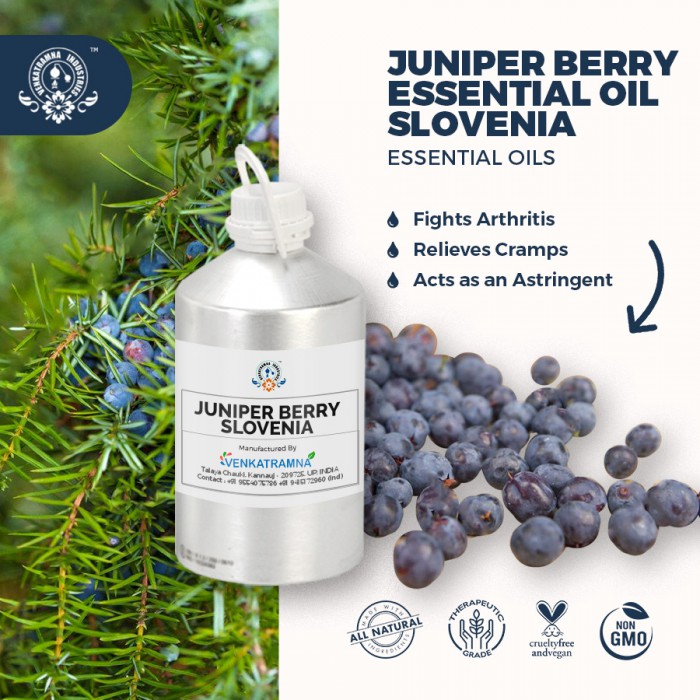
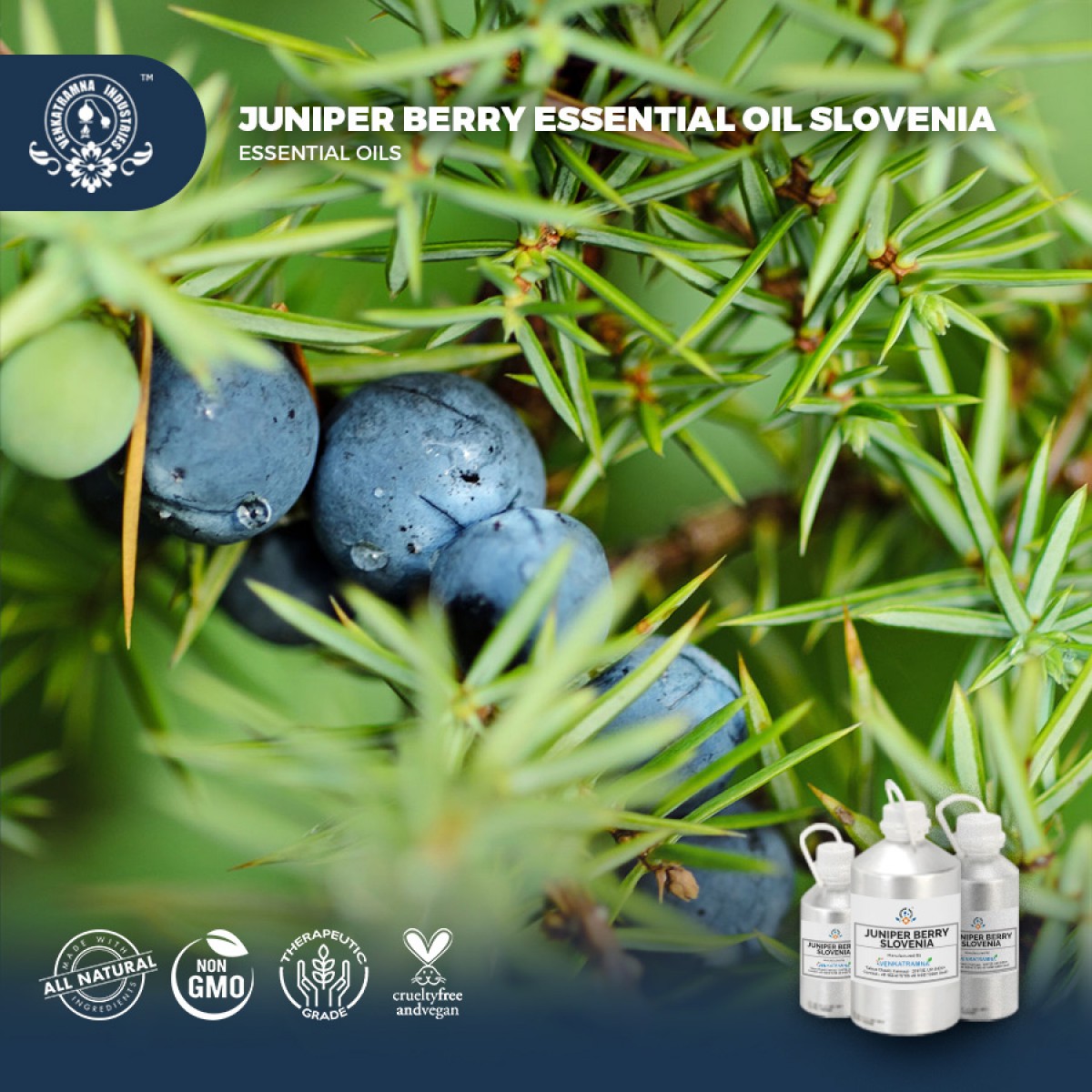
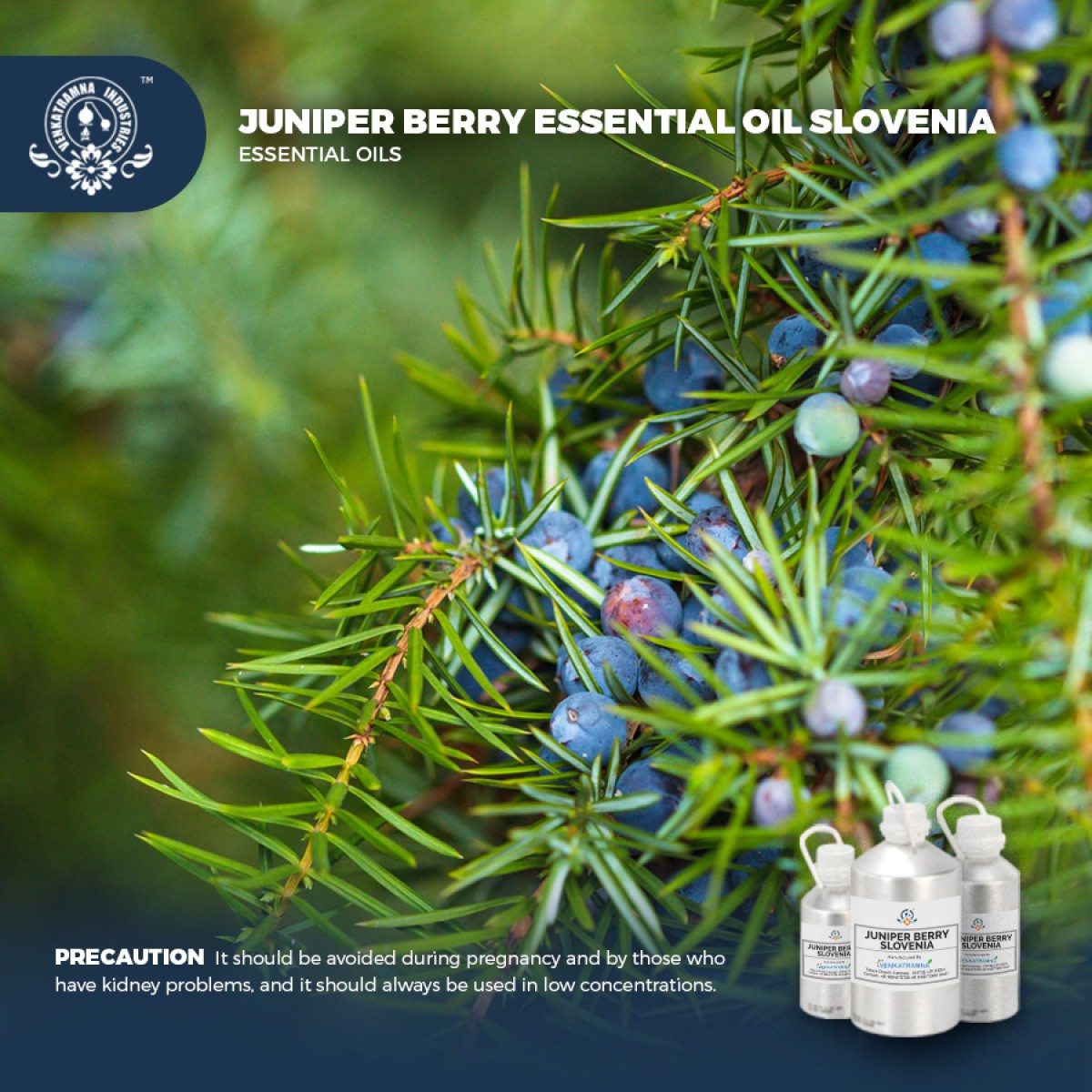
 MSDS-Juniper1.pdf
MSDS-Juniper1.pdf